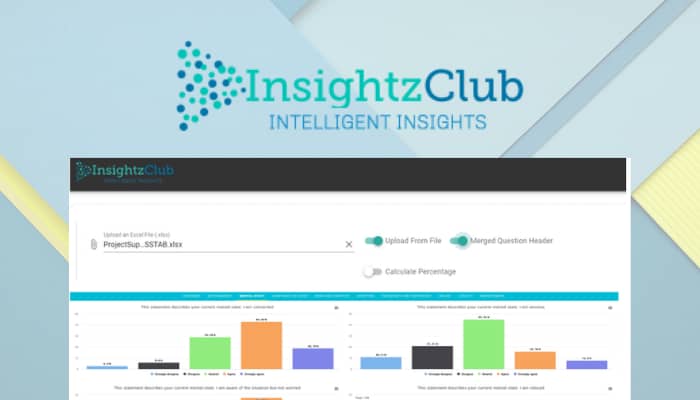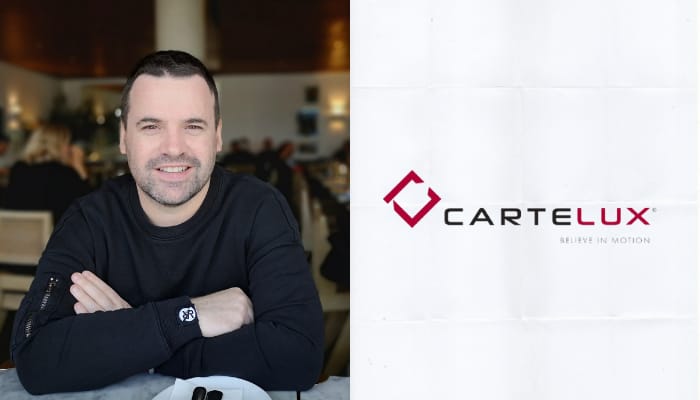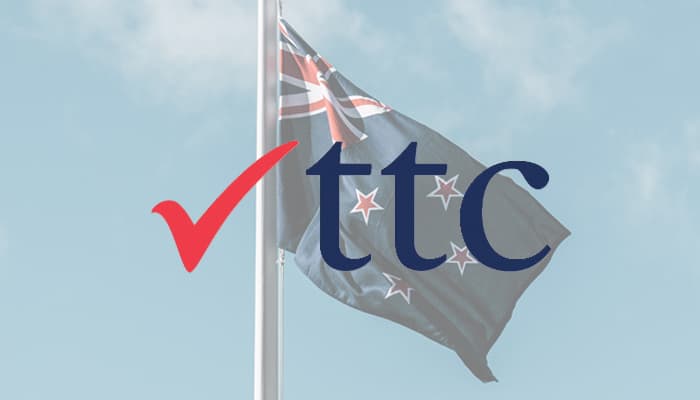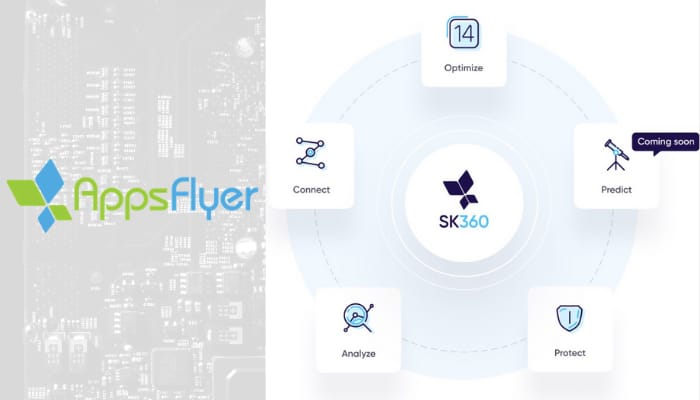Singapore – Global SaaS analytics platform AppsFlyer has announced the launch of its new predictive analytics feature, PredictSK, a new solution that will be a part of its SKAdNetwork suite, SK360
SKAdNetwork is about to become a major part of campaign measurement and optimization on iOS, following Apple’s latest privacy changes. This deterministic attribution framework provides advertisers with some data on their iOS campaigns, and while Apple has been continuously making updates to improve its offering to advertisers and app developers, it also introduces critical limitations.
Through the new solutions suite, brands are able to configure and optimize their conversion value, validate their data and keep it fraud-free. They will also be able to integrate with their choice of partners, all through a dedicated, centralized analytics dashboard.
PredictSK is made in response to the current limitation of SKAdNetwork where advertisers rely on short window time in measuring campaign performance. With only 24 hours of user activity to work with, optimization is nearly impossible. With PredictSK, advertisers will be able to leverage early signals of engagement, which is usually in the first 24-72 hours, to predict long-term campaign performance.
Furthermore, PredictSK puts mobile attribution in SKAdNetwork on ‘auto-pilot’, removing the measurement and timing barriers and allowing advertisers to maintain and strengthen their competitive edge in this new reality.
According to Barak Witowski, vice president for core product at AppsFlyer, the company’s developed solutions have always been at best for the benefit of advertisers, adding that PredictSK will help brands be empowered against limited data availability.
“AppsFlyer’s SK360 suite will empower brands to eliminate the uncertainty brought on by limited data availability and limited measurement capabilities, while maintaining end user privacy, by combining multiple solutions for maximum coverage,” Witowski stated.
He added, “Moreover, PredictSK will enable measurement across all user events to quickly and accurately predict user loan-to-value (LTV), helping advertisers save precious time and money. With SK360, Advertisers can stay in the driver’s seat while complying with the strictest privacy requirements,”
Meanwhile, Liwei Chen, staff product manager at Twitter, stated that they were working closely with AppsFlyer in delivering a fully operational plug-and-play SKAdNetwork solution.
“The solution was designed together to validate all advertisers’ needs from SKAdNetwork are met: data trust, granularity, optimization, and measurement. This is another exciting step for advertisers, delivering upon our promise of helping drive business success while maximizing end-user privacy,” said Chen.
The new product will be available after Apple starts enforcing its AppTrackingTransparency framework in early spring. The SK360 suite will continue to support the ecosystem throughout Apple’s upcoming privacy updates.













